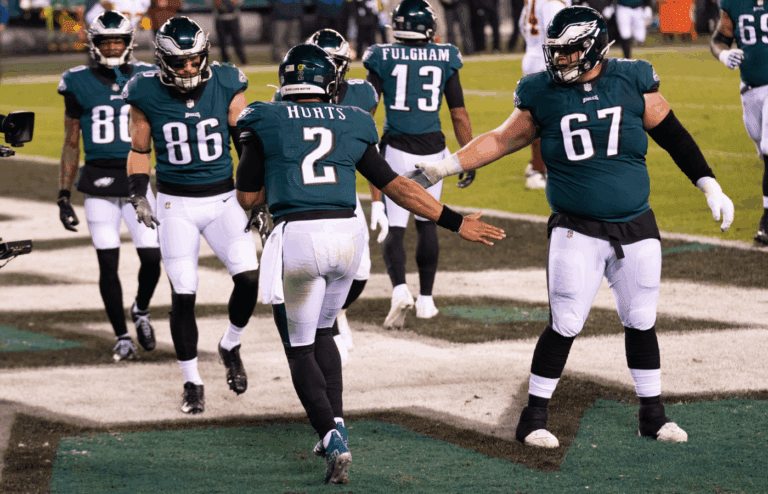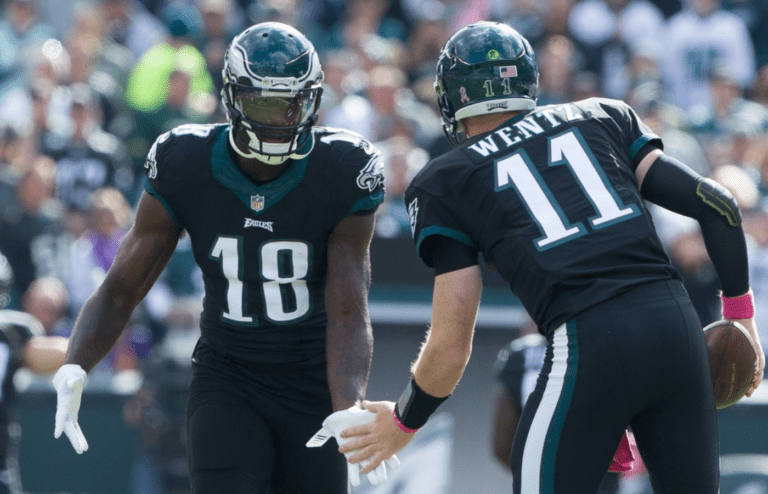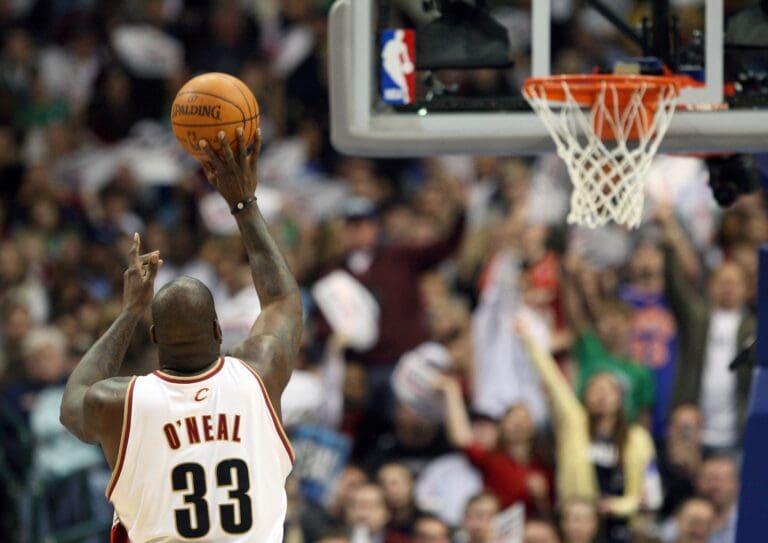Legendary switch hitter Pete Rose passed away at age 83 on September 30, 2024. While he holds many career records in the MLB, controversial elements of his life have kept him out of the Hall of Fame. Let’s take a look back at his life and career.
Early Life
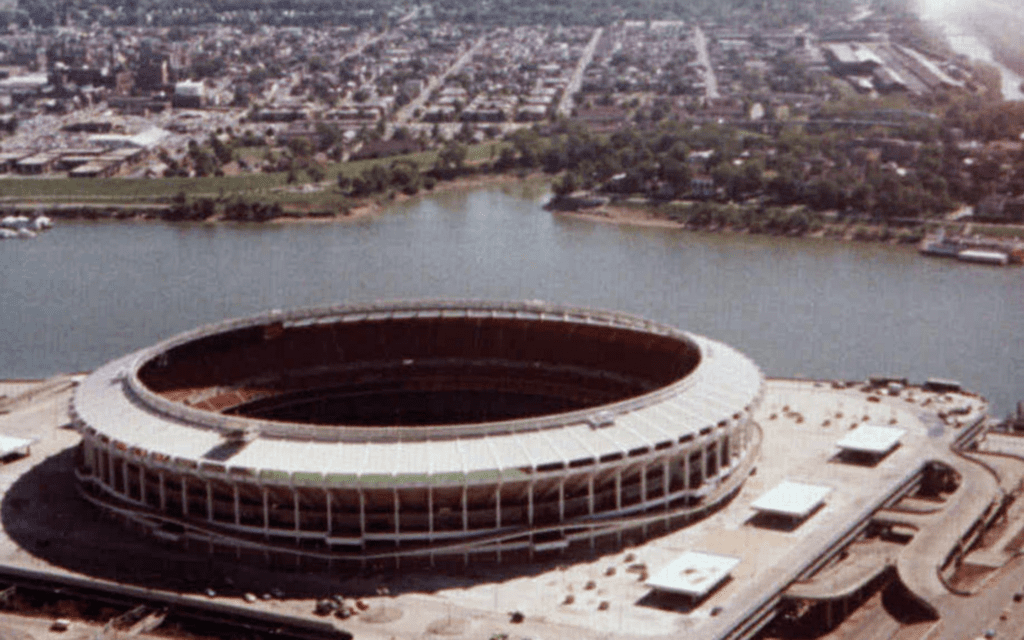
The future baseball legend was born Peter Edward Rose on April 14, 1941, in Cincinnati, Ohio. He was one of four sibling had by Harry Francis Rose and LaVerne Rose. Rose’s parents were big fans of sports and encouraged their son to play baseball and football at school.
Small Stature
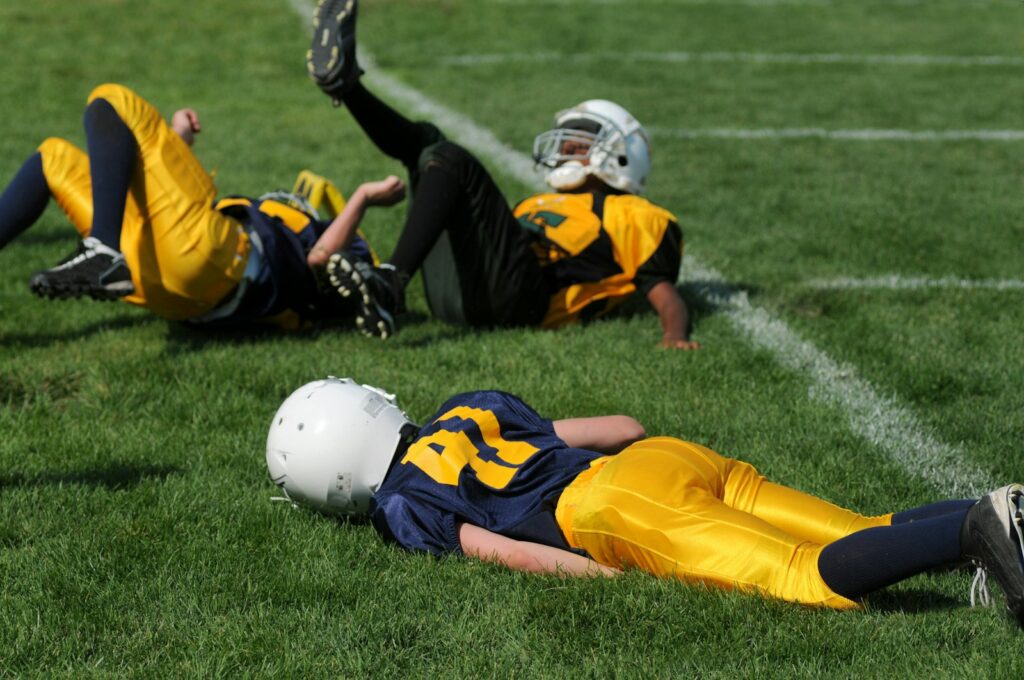
Rose was somewhat small for his age in high school but became the starting running back on his high school’s football team. However, he didn’t make the varsity team and became disinterested in education. He even repeated his sophomore year of high school, causing him to lose sports eligibility in his senior year.
Amateur League

Rose joined the Dayton Amateur League in the early months of 1960 and showed an unusual aptitude for baseball. He played shortstop, catcher, and second base and achieved an astonishing .626 batting average. With these impressive stats under his belt, his uncle Buddy Bloebaum scouted him for the Cincinnati Reds.
Unusual Start

The Reds called Rose up into the Majors as soon as he graduated from high school in 1960. His uncle being a scout was certainly a huge boon for him, and he quickly signed his first professional contract for the team, being paid $7,000 for his talents.
Lucky Break
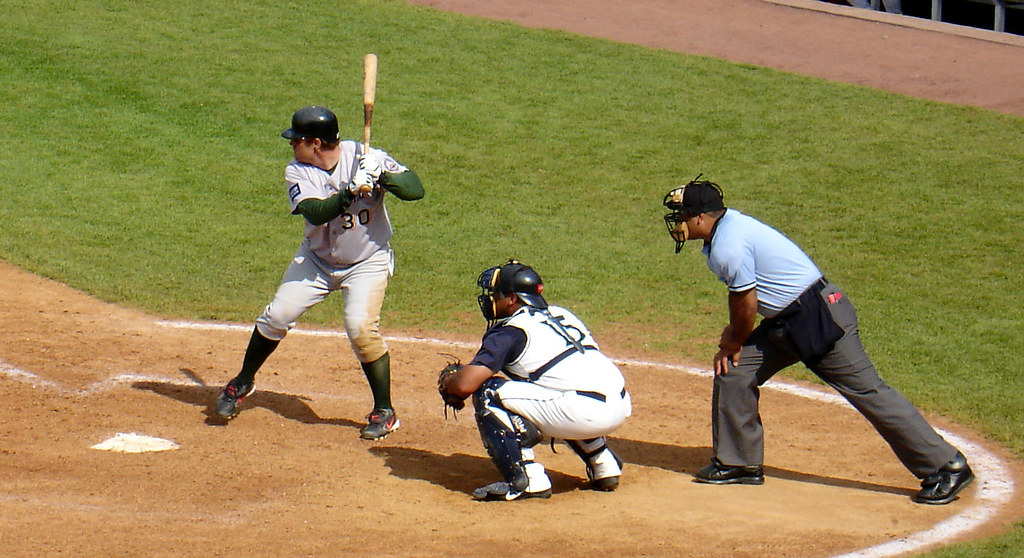
In another odd twist of fate, Rose got his chance to prove himself during a spring training game in 1963 between the Reds and the White Sox. Don Blasingame, the Reds starting second baseman, pulled a muscle, and Rose was put in the game to replace him. He impressed the coaching staff and earned himself a reputation for hard work.
Charlie Hustle
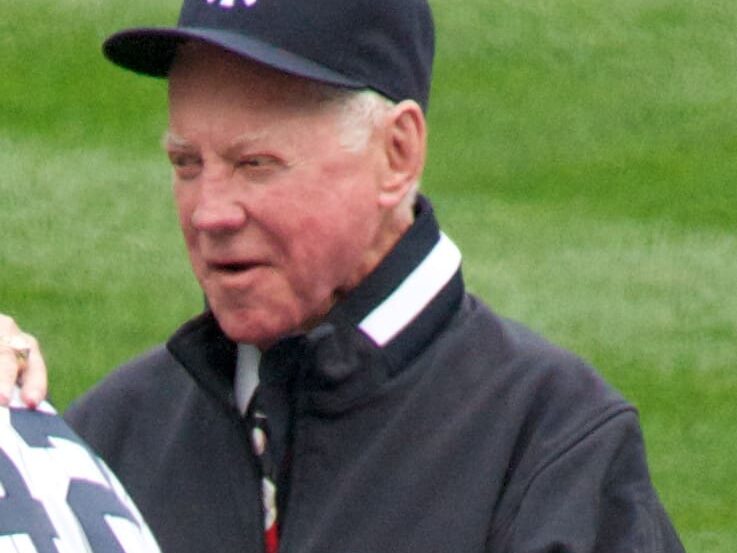
In another spring training game, while playing against the Yankees, Rose drew a walk and sprinted at full tilt to first base. Whitey Ford found this absurd expenditure of energy to be so funny that he dubbed Rose “Charlie Hustle,” a derisive nickname meant to diminish Rose’s energy. Rose loved it, however, and took it as a mark of his work ethic.
Friendship with Mickey Mantle
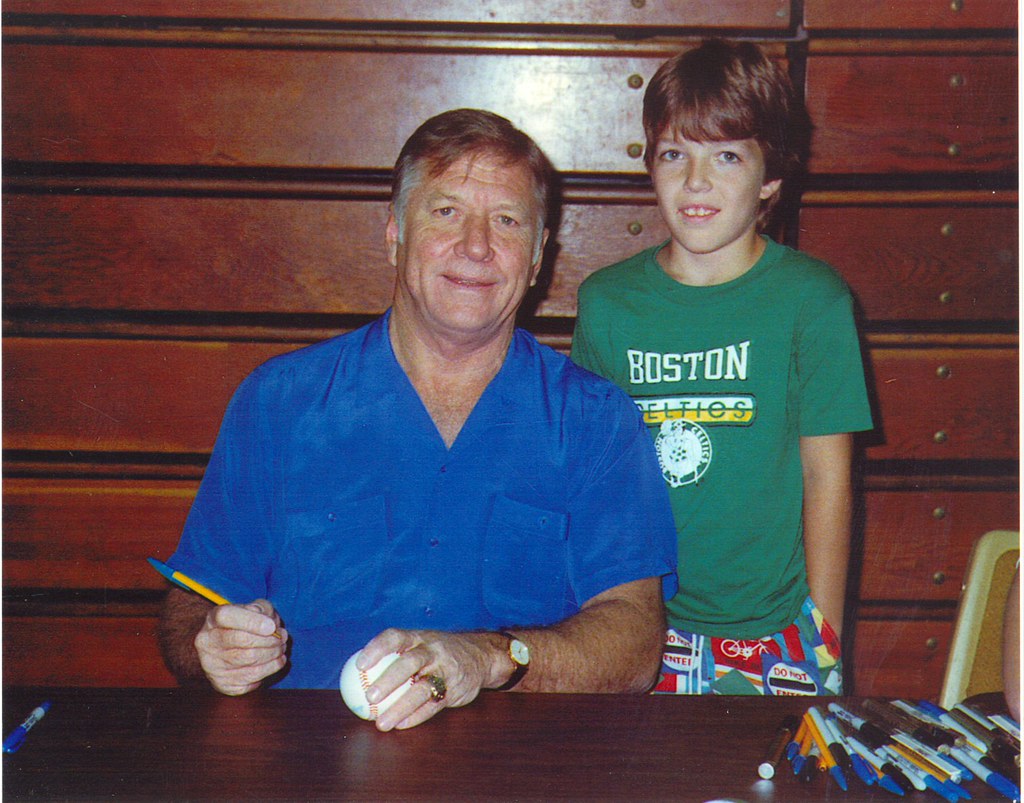
Another origin story for the Charlie Hustle moniker comes from Mickey Mantle, Rose’s best friend and teammate. Mantle claims that Whitey Ford gave Rose the nickname when Rose climbed the fence in the back of the field to try to catch a 100-foot Mantle homerun, leading Ford to laugh and apply the nickname to the second baseman for “trying to catch that ball.”
Rookie of the Year
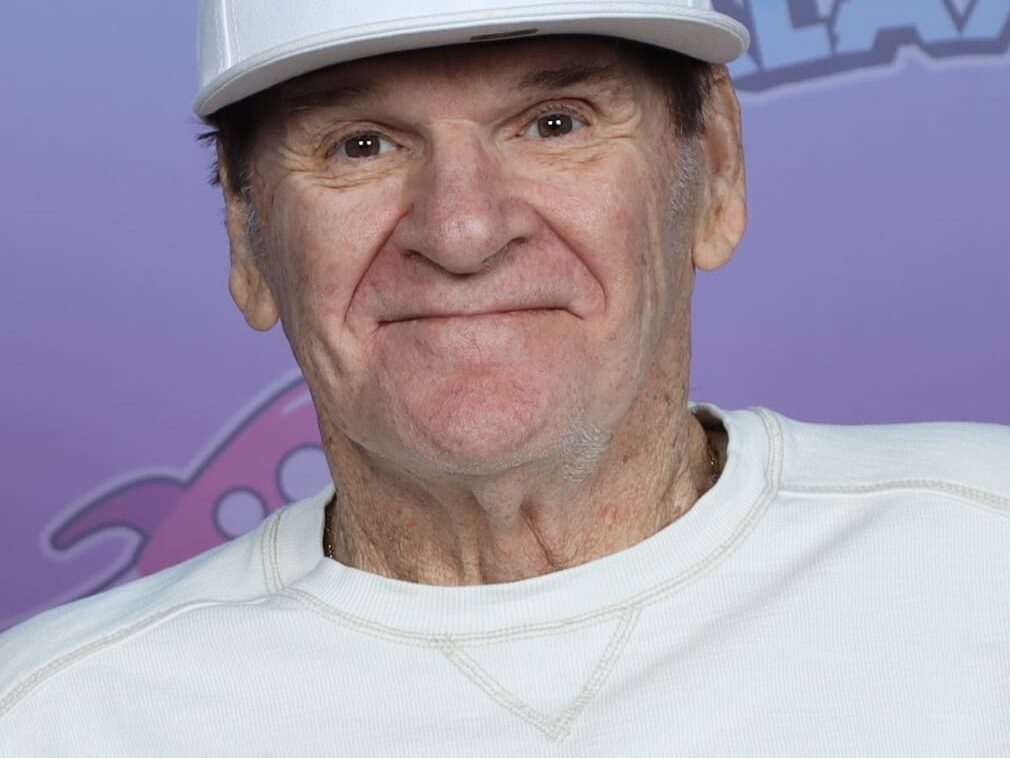
During his Major League debut year in 1963, Rose exploded onto the scene with a .273 batting average. He impressed the league so much that he earned seventeen of the twenty votes for the National League Rookie of the Year Award, kickstarting what would go on to be a legendary career.
Military Career
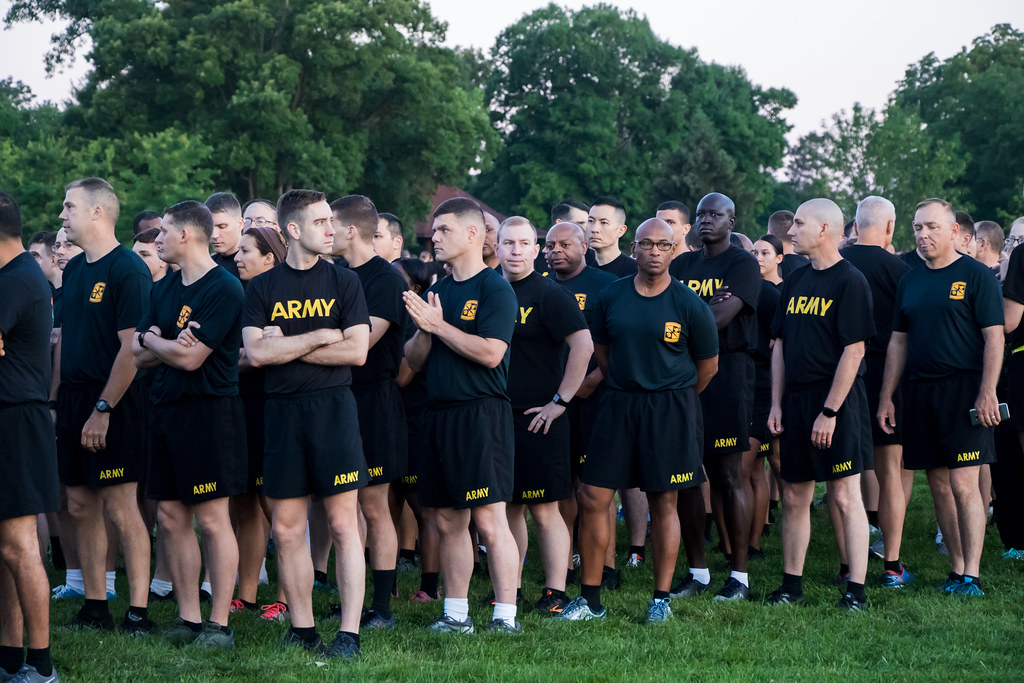
Rose served in the US Army at Fort Knox for six months of active duty after the end of the 1963 season. He then was assigned to six years of attendance with an engineering battalion at Fort Thomas. He also helped train military baseball teams and split his time between his military service and Reds games.
The No-Hitter
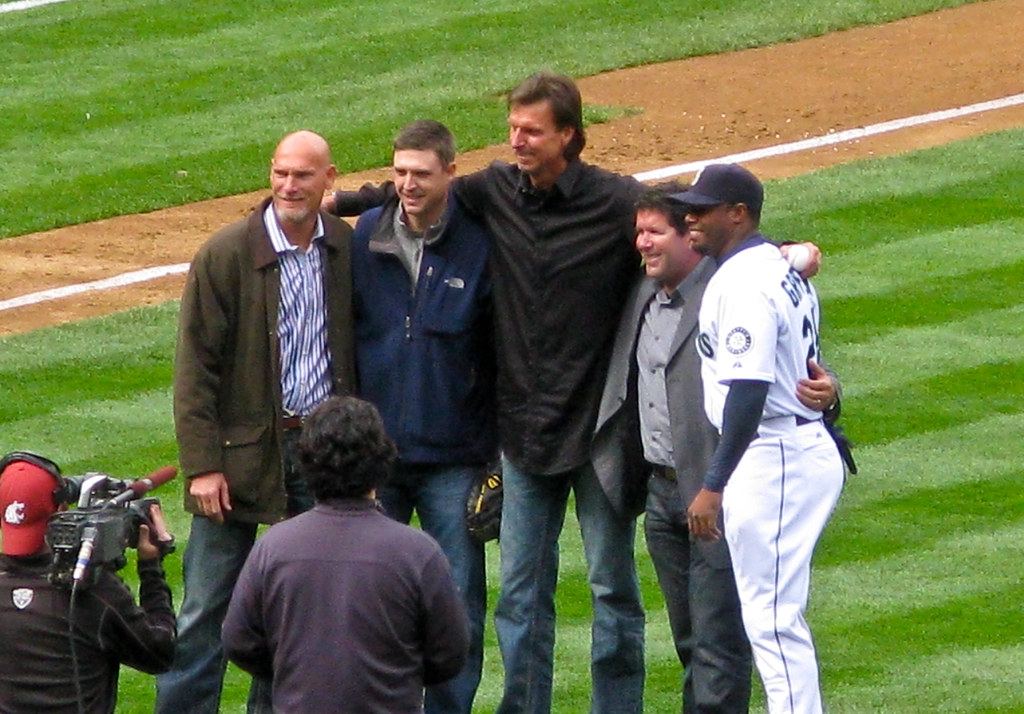
During a 1964 game against the Houston Colt .45’s (now called the Astros), Rose reached first base on a defensive error in the top of the ninth inning. Ken Johnson had pitched a no-hitter up to that point, but Rose scored on another error and gave Johnson the odd distinction of being the first pitcher to lose a no-hitter.
Winter League Play
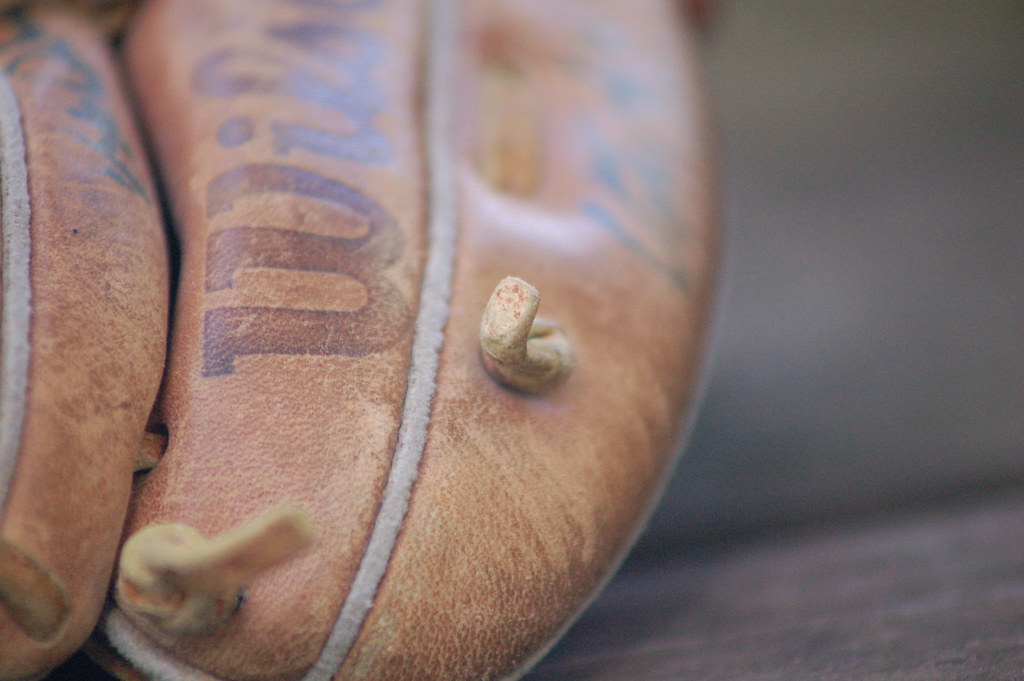
After slumping in the latter half of the 1964 season, Rose played in the Venezuelan Winter League to improve his batting average. His time in another league worked wonders, as he led the league in at-bats and hits in 1965. This was the first of what would be ten Major League seasons with 200 or more hits.
Breakout Seasons

Rose went on a tear in the second half of the 60s, starting the 1968 campaign with a 22-game hitting streak. He broke his thumb and missed three weeks of play, including the All-Star Game, but returned from his injury to another 19-game hitting streak. He was heating up and becoming a legend.
Big League Slugger
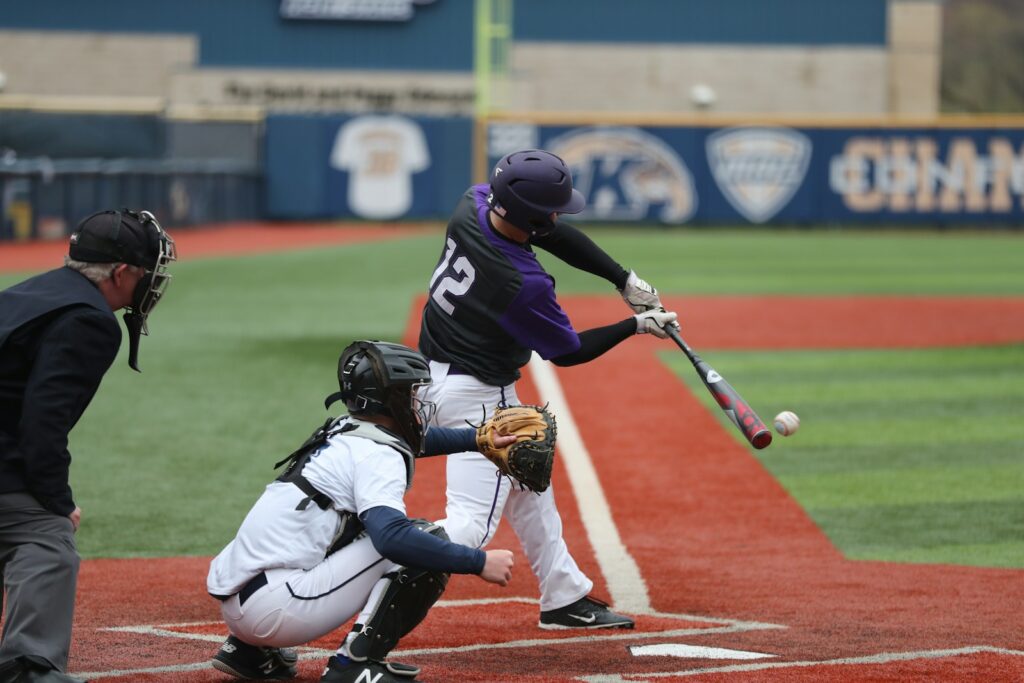
In 1969, Rose hit his career high batting average of .348 and hit sixteen homers. He also led the league in runs and slugged .512, easily surpassing his prior career record. He won the batting title that season and became a household name for Reds fans and baseball enthusiasts alike.
All-Star Game
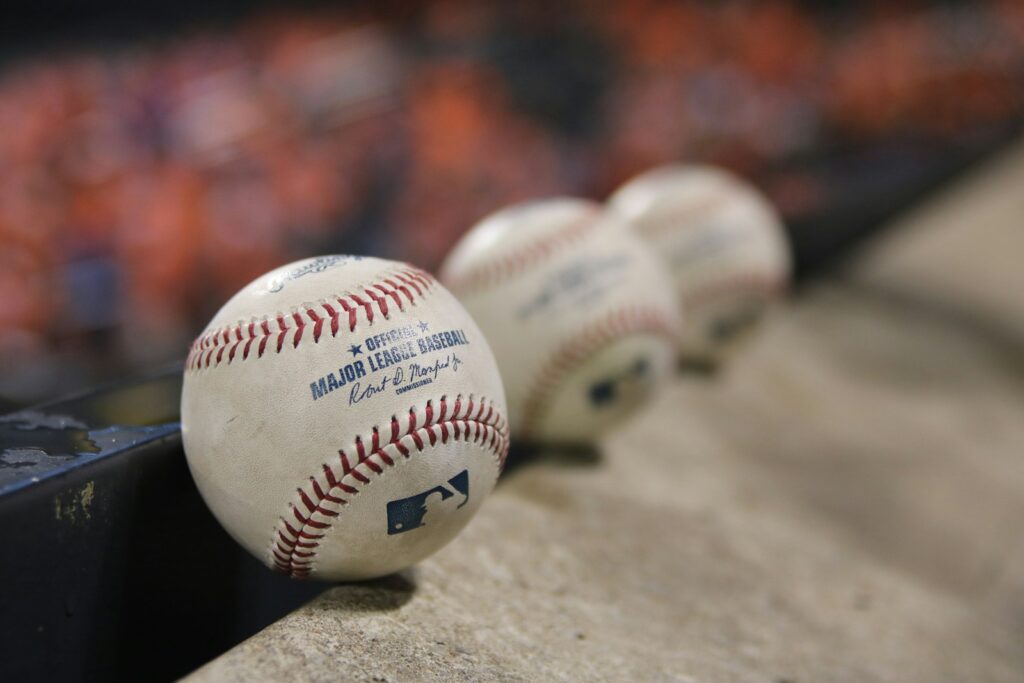
During the 1970 All-Star Game, Rose collided with Cleveland catcher Ray Fosse. Rose was on his way to home plate to score the game-winning run but the collision bruised his knee and fractured Fosse’s shoulder. Incredibly, the fracture went undiagnosed until 1971.
NL MVP Season

In 1973, Rose led the league with his .338 batting average and his 230 hits. His output was so impressive that he and several other Reds players were dubbed the Big Red Machine, pushing Cincinnati to dominance in the MLB. Rose won the NL MVP award that season, though the Reds lost the National League Championship Series against the Mets.
The Big Red Machine
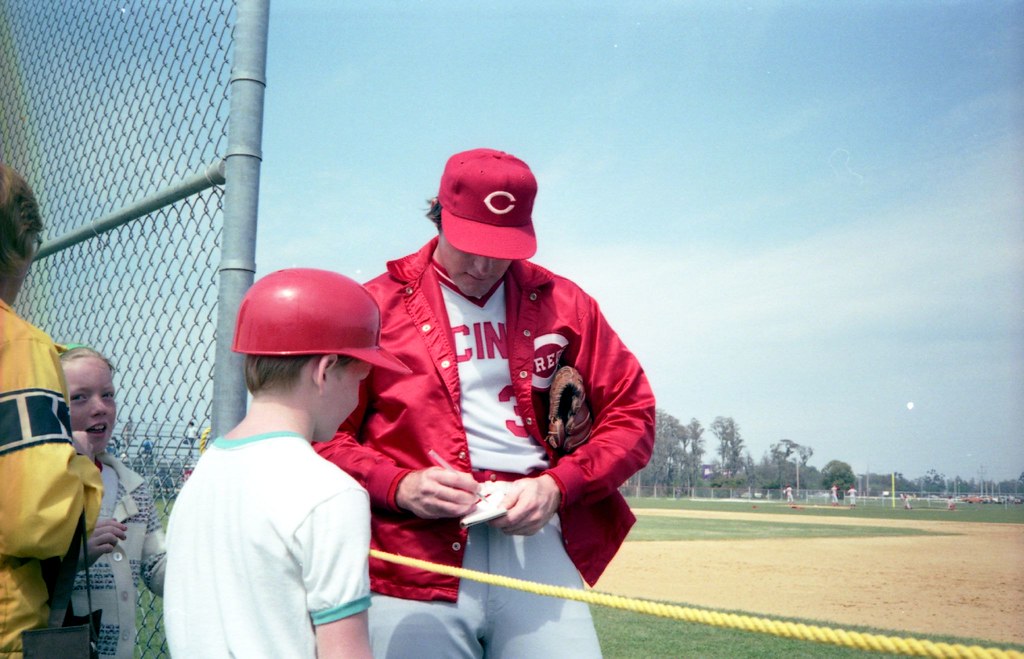
The Reds were so dominant with Rose at the top of the lineup that their batting order was called the Big Red Machine. Players like Joe Morgan, Johnny Bench, and Tony Perez were considered instrumental in making the Reds such a dominant force in the MLB. The Reds won the World Series in 1975 after Rose moved to third base to make room for outfielder George Foster on the lineup.
Back-to-Back
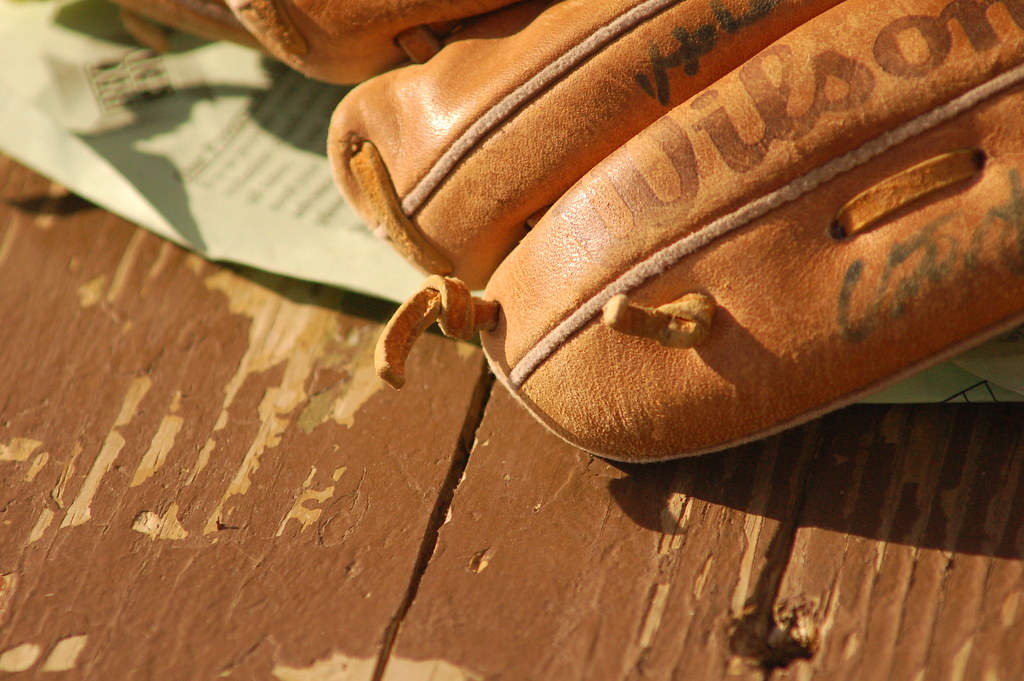
The Reds repeated and won the World Series again in 1976, again with significant help from Rose. Incredibly, the Reds swept both the Phillies and Yankees in the postseason, becoming the only team since the 1969 playoffs expansion to go undefeated in October.
Other Records
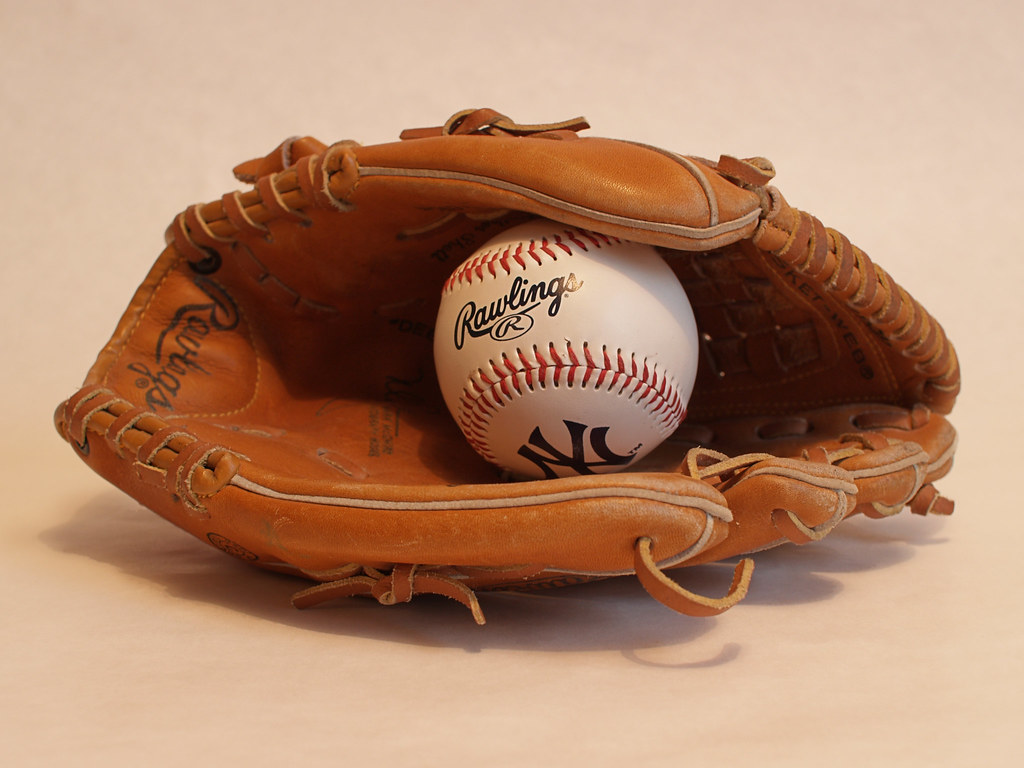
In 1978, Rose hit three home runs off three different pitchers during a 14-7 bout against the Mets. On May 5 of that year, he hit his 3,000th career hit. On August 1, he extended his hitting streak from June 14 to 44 games. The streak was broken by Gene Garber of the Atlanta Braves.
Phillies

Rose joined the Phillies in 1979, signing a $3.2 million contract for four years. He took them to the World Series in 1980, and helped them earn three division titles. In 1983, Rose was slowing down at 42 years old, and had his worst season. He was great in the postseason, though, helping the Phillies make it to the World Series, though they lost to the Orioles.
Expos
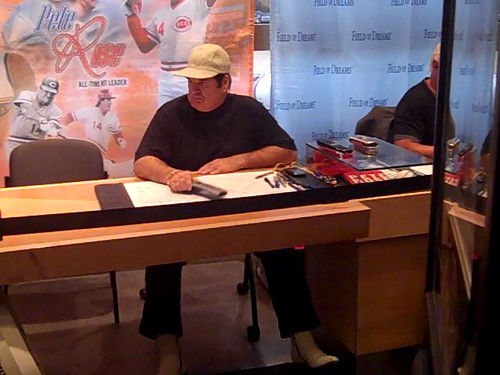
Rose briefly played with the Montreal Expos in the 1984 season after refusing to play in a limited capacity with the Phillies. He hit his 4,000th career hit in April of 1984. He batted .259 with Montreal that season and got 72 total hits.
Player-Manager

Rose became the player-manager for the Reds in late 1984 after being traded back to Cincinnati. He, incredibly, hit .365 for the Reds in 26 games. Interestingly enough, Rose was the last player-manager in the history of the MLB, despite the role once being relatively common.
All-Time Hits Record
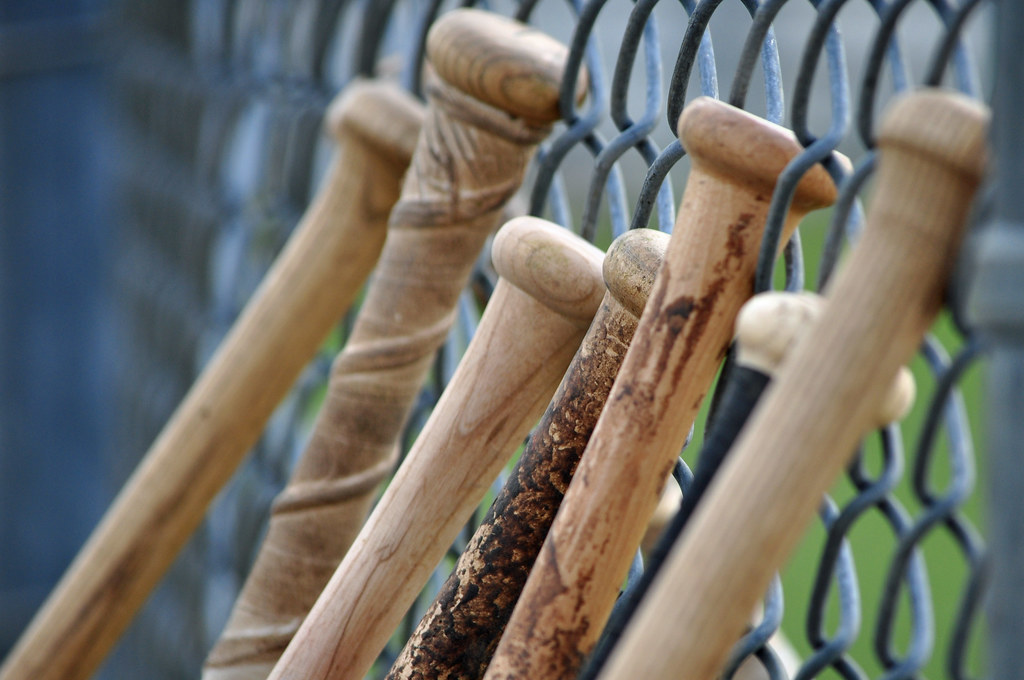
Pete Rose broke Ty Cobb’s all-time hits record in September of 1985, batting his 4,192nd hit off Eric Show. Some have accused Rose of using corked bats to achieve his lifelong goal of topping Cobb’s record, and memorabilia collectors claim that X-rays of Rose’s bats from 1985 show signs of corking. Rose denied the allegations his entire life.
Retirement from Playing
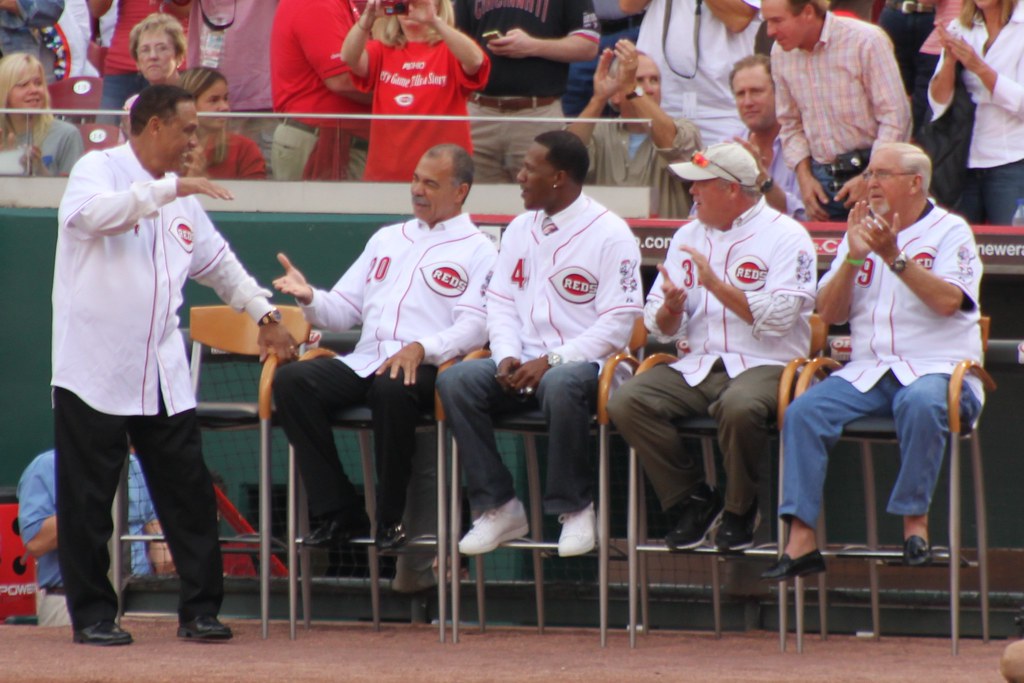
Rose retired from playing baseball in 1986 with a lifetime batting average of .303 and the record for most career hits. He stayed on as the Reds’ manager through 1989, though he had a thirty-day suspension after a dust-up with umpire Dave Pallone during a game between the Reds and Mets.
Gambling Allegations

Rose was accused of gambling on baseball games in an explosive series of controversies. He was questioned by Baseball Commissioner Peter Ueberroth for his alleged gambling. At the time, Rose strongly denied any accusations of betting on baseball, a line he would keep up until the early 2000s.
Dowd Report
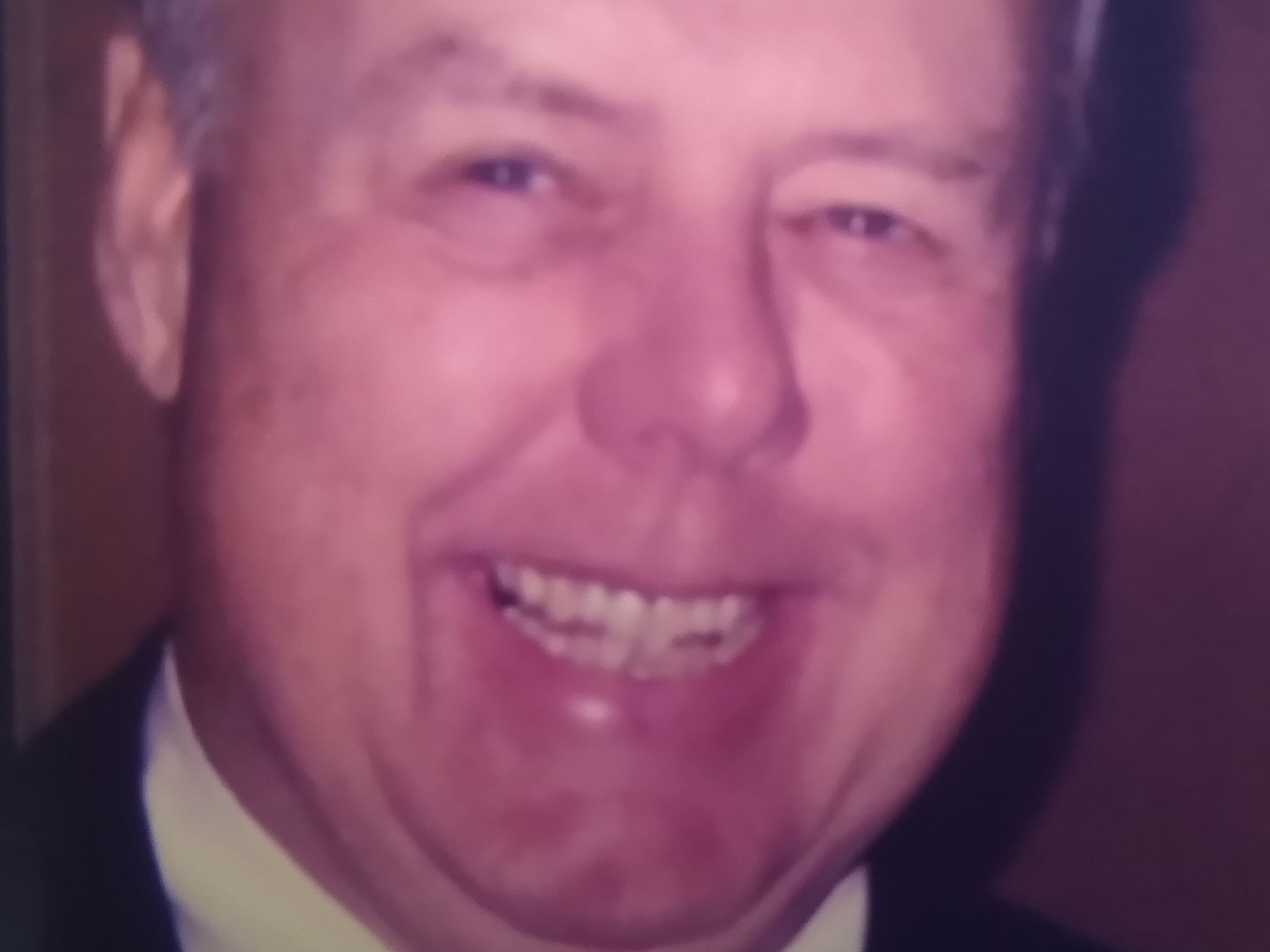
Lawyer John M. Dowd investigated the claims on behalf of the MLB, interviewing bookmakers and many of Rose’s other associates. He documented day-by-day accounts of Rose’s gambling. While Dowd personally believed Rose bet against the Reds on occasion, Rose himself denied ever betting against them until his passing.
Ineligibility

The incident saw Rose voluntarily accept a permanent spot on the MLB’s ineligibility list. He also publicly accepted a “factual reason” for the ban, and the MLB made no formal findings against him as part of a settlement. This also makes Rose ineligible for a spot in the Hall of Fame.
Hall of Fame
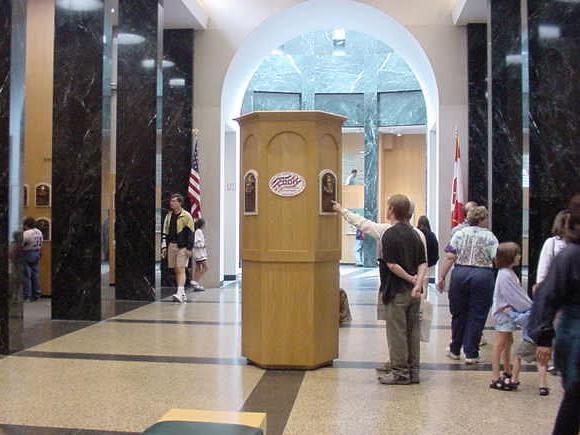
Despite holding many league records and being considered one of the best baseball players in MLB history, Rose won’t be inducted into the Hall of Fame. His gambling activity makes him completely ineligible for consideration, something Rose himself appealed many times during his life.
Admission of Guilt

Rose released an autobiography in 2004 titled My Prison Without Bars. In it, he finally publicly admitted to betting on baseball while both a player and manager for the Reds. He insisted that he never bet against the Reds, but some of his fans were still furious that he admitted guilt after years of denying gambling allegations.
Read More: Rising Stars in the WNBA to Keep an Eye On
Petitions for Hall of Fame Admittance
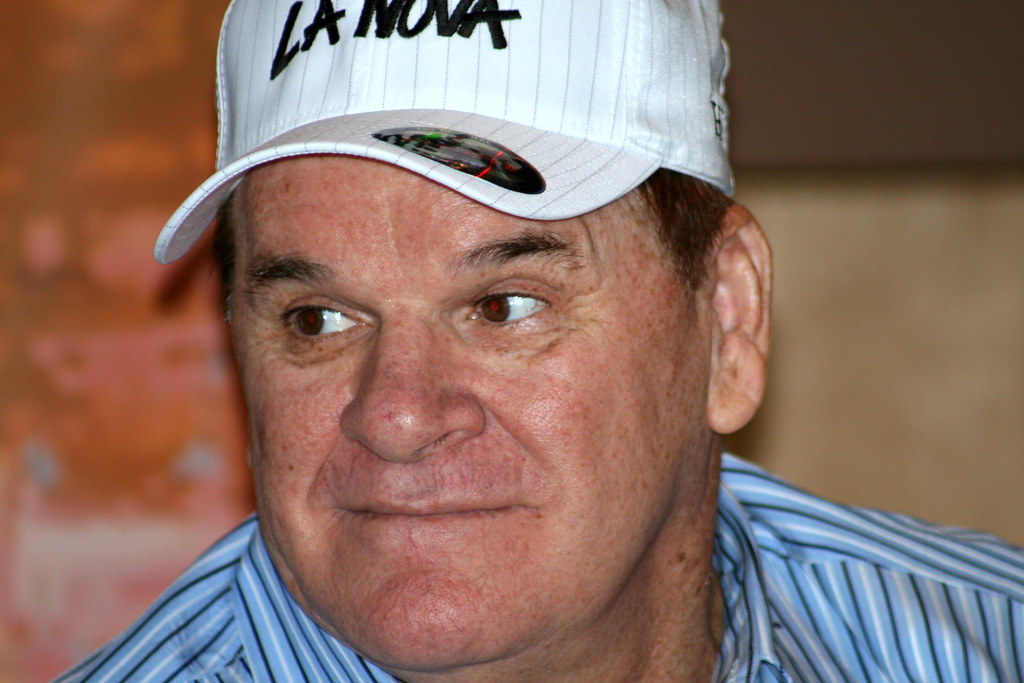
Rose petitioned the MLB numerous times throughout the 90s and 2000s for them to change their stance on his eligibility for the Hall of Fame. He noted that players who took steroids or used electronic sign stealing were still eligible, while all he did was gamble on the games. Still, the MLB continued to refuse his petitions until his death.
Read More: 10 Rising Stars in the NBA to Follow
Death

Rose passed away at his home in Las Vegas on September 30, 2024. He suffered from hypertensive and atherosclerotic cardiovascular disease. He was 83 years old at the time of his passing, and news of his death was met with mixed reactions from sports commentators and Reds fans.
Read More: 10 Rising Stars in the MLB to Keep an Eye On


